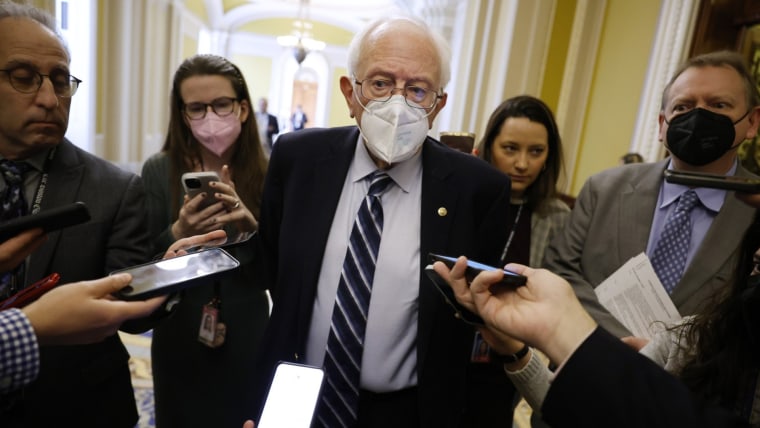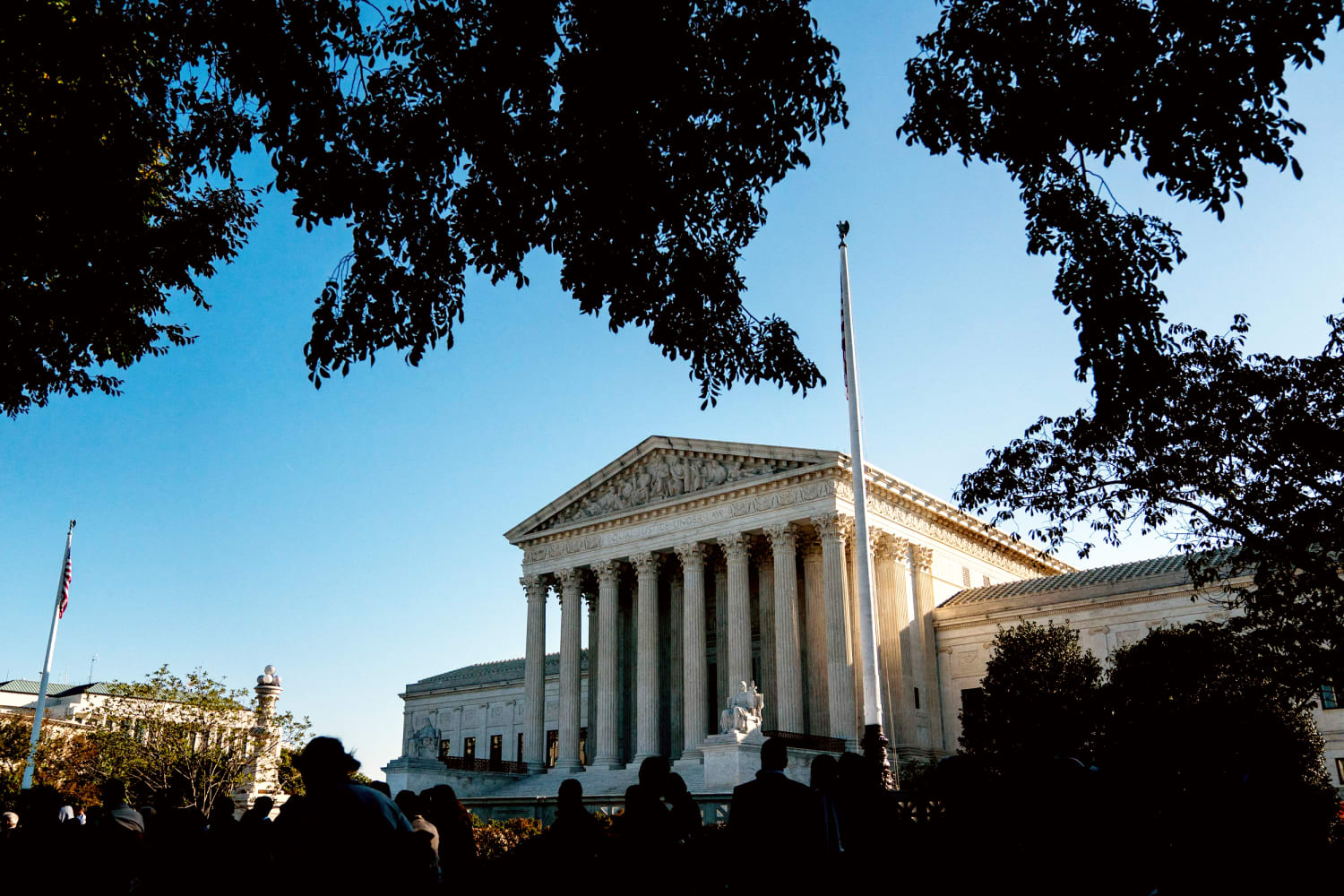WASHINGTON — The Supreme Court on Tuesday hears a dispute between the International Brotherhood of Teamsters and a concrete company in Washington state that labor advocates say could weaken workers’ rights if the ruling goes against the union.
The legal question is whether the company, Glacier Northwest Inc., can sue the union for damages in state court over an August 2017 strike action in which it says that concrete was lost when drivers walked off the job.
The union says that the company must wait until the National Labor Relations Board, which handles labor conflicts, finishes its own investigation into whether the strike action and the alleged damage was an activity protected by federal labor law.
Business interests that are often in conflict with organized labor have in the past been heavily critical of the labor board. The Supreme Court’s conservative majority has ruled against unions in several high-profile cases in recent years.
The case before the justices on Tuesday centers on an incident in which members of Teamsters Local 174 went on strike after negotiations broke down over a new collective bargaining agreement.
When truck drivers walked off the job, the company says some of the concrete already in the process of being delivered was rendered useless. Drivers returned trucks to the company’s facility, some of which had partial or full loads on board. As a result of the strike, concrete hardened in the trucks and had to be broken up before it could be removed, the company says.
Glacier says it lost $100,000 as a result of failing to fulfill a contract on the day of the strike and also claims additional damages. The company says it was able to do the previously scheduled work the following week.
The Washington Supreme Court ruled against the union in December 2021, saying that any concrete loss was “incidental to a strike arguably protected by federal law.”
The Biden administration filed a brief taking the middle ground, with Solicitor General Elizabeth Prelogar saying that lawsuits like the one filed by the concrete company can potentially go ahead in state court if they allege that the strikers failed to “take reasonable precautions to protect the employer’s property from foreseeable, imminent damage.”
Prelogar added that under federal law workers and unions are not generally responsible for economic losses caused by a strike, but the right to strike does include some limitations.
After the state Supreme Court ruling, the National Labor Relations Board issued a complaint charging the company with unfair labor practices, saying that the drivers’ actions were “arguably protected.” The board has not completed its review and the state courts should have waited before deciding whether the company’s lawsuit should be dismissed, Prelogar wrote.
Glacier is represented by Noel Francisco, who served as solicitor general during the Trump administration. He wrote in court papers that federal law does not protect “the intentional destruction of property” or “strike-related conduct that fails to include reasonable precautions to protect employer property, much less deliberately destroys it.”
The company is backed by business and anti-union groups, including the U.S. Chamber of Commerce, which said in a brief that the state court’s finding that intentional destruction of property could be deemed a protected activity conflicted with U.S. Supreme Court precedent.
Various labor groups and unions back the Teamsters. In one brief, the United Brotherhood of Carpenters and Joiners of America and the Service Employees International Union said the current process for evaluating whether labor disputes in state court are trumped by federal law, dating back to a 1959 Supreme Court ruling, “has served to protect the rights of labor employees to bargain collectively and to strike lawfully in seeking better pay, benefits, and working conditions.”
Source: | This article originally belongs to Nbcnews.com











